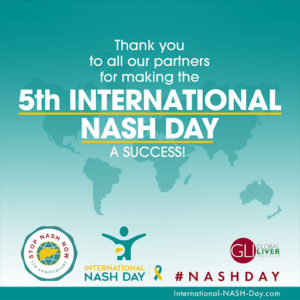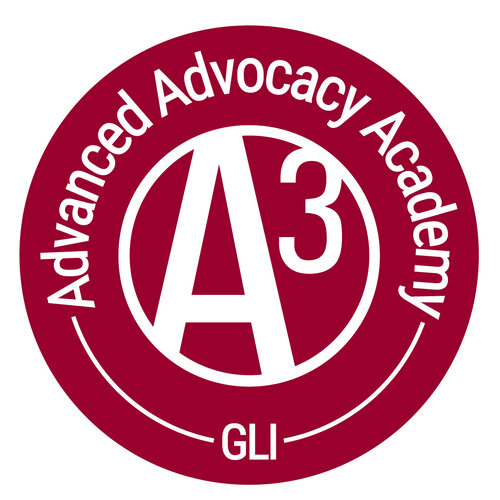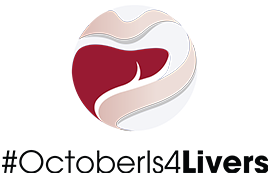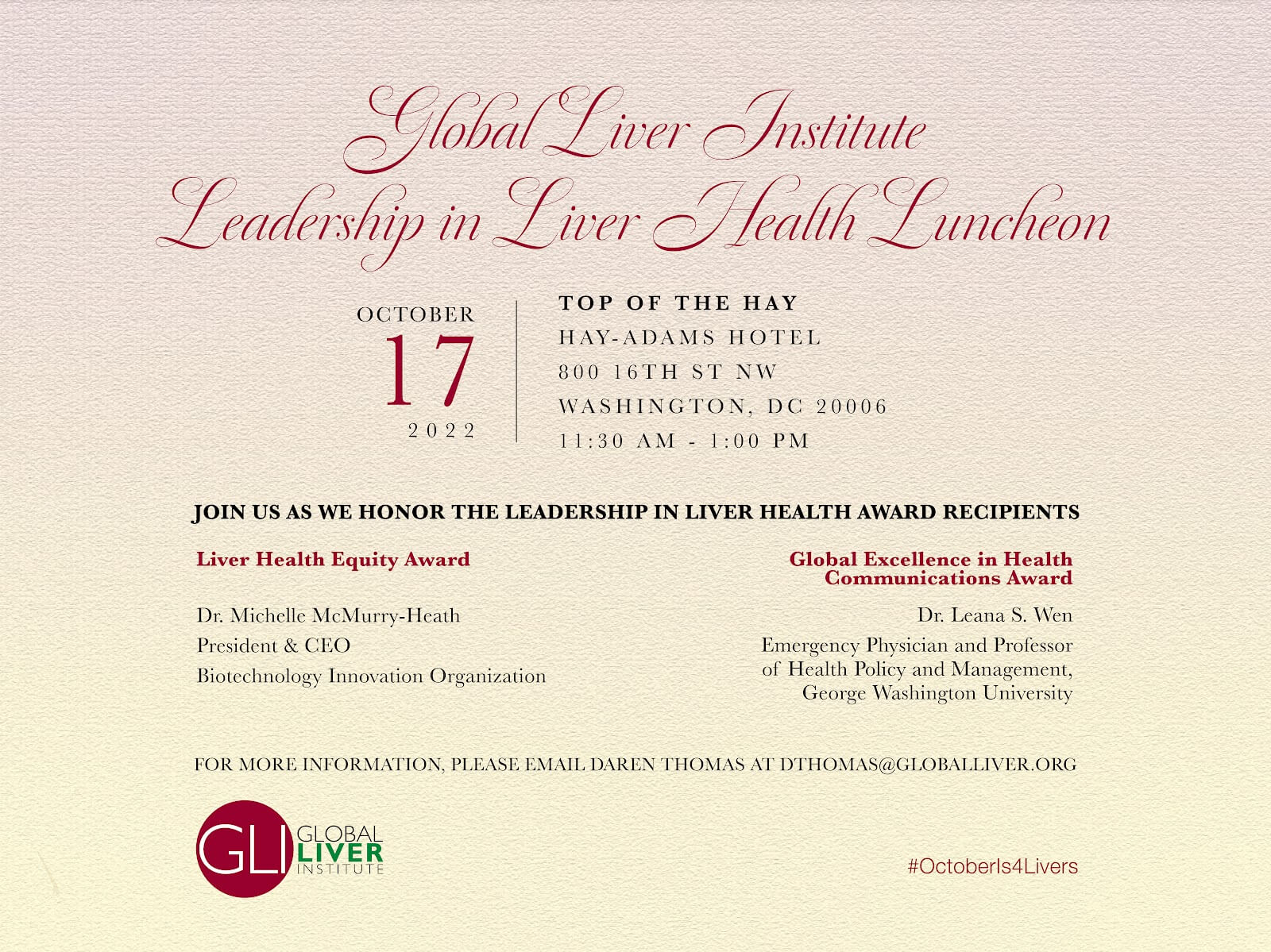
People living with NASH, patients and families, whose lives and livelihoods are at risk from a liver disease few outside of a small circle of academic and clinical experts had heard of a few years ago have very practical, urgent needs:
- Disease education/awareness (for patients, providers, payers, policymakers)
- Development and designation of simplified non-invasive testing and expanded screening (get beyond the biopsy)
- FDA-approval of NASH drugs, devices, and diagnostics (find a treatment)
- Clinical environments organized to provide coordinated integrated care to people at every stage of the NAFLD-NASH spectrum
The energies and resources expended by the liver community on a potential name change seem disproportionate and misaligned with these priorities.
Last month, AASLD and EASL, to their credit, jointly convened the global community for a nomenclature conference as part of a larger Delphi process to more fully consider the issue and plot a rational unified path forward. (For more information, view this statement)
For those who have been all too intertwined or are just becoming aware of this debate, the following points are meant to dispel some erroneous assumptions and clarify key issues in this controversy ahead of the next round of voting in the Delphi process and subsequent actions by the community.
- The MAFLD-NAFLD debate did not start with patients or patient advocacy organizations. There is stigma around all liver diseases that needs to be addressed. As many patients find “non-alcoholic” helpful as hurtful, as many find “fatty” offensive to accept its accuracy. Those who support a change thinking that they are doing so to support patients are misguided as to our priorities.
- A change in the name with or without a change in definition would be disruptive. It is the responsibility of leadership in the field to demonstrate that the benefit of the disruptive change is greater than the costs. Any proposed name or nomenclature change should be preceded by a thorough impact analysis inclusive of the impact (positive or negative) on drug development, clinical practice, patient advocacy and other key activities/stakeholder groups. In addition, a name change should have a detailed timeline for roll-out and funds dedicated to dissemination and mitigating any harms caused.
- Any proposed change in name or nomenclature should meet the following criteria:
- (Clinical) Accuracy
- Affirmation (of patients by avoiding stigma & of other clinical specialties)
- Adaptable (in ability to incorporate past, current, and future knowledge of the disease)
- Adoptable (understandable in English and other languages)
- (Able to increase) Awareness
- (Facilitates patient) Access
To the everyday patient, the name of their condition falls a distant second to access to treatment and tools to treat their illness and let them live their lives. Changing the name of a disease is not an academic exercise.

Donna R. Cryer, JD
President & CEO
Global Liver Institute
International NASH Day – A Global Success

This 5th International NASH Day was a tremendous global success. We felt the power of the movement as over 70 partners and participants in over 70 countries took part. International NASH Day 2022 garnered a record-breaking endorsement from 22 prominent organizations from around the globe. On social media, thanks to the participation of more than 1,000 users, #NASHDay received over 15 million impressions and reached more than 4 million accounts.
As we mobilized efforts to #StopNASHNow, partners across the globe held bike-a-thons and school seminars, held press conferences and interviews on live talk shows, and more. For the first time, GLI’s partners led liver health screening events around the world to combat the critical need for early detection of NAFLD/NASH. Liver health screenings are a critical tool to enable early detection and diagnosis of NAFLD/NASH. As a result of thoughtful, creative solutions, GLI’s partners have been able to meet the needs of their communities across the globe.
International NASH Day grows significantly each year and in the process meets a growing demand for actionable, timely, and research-based liver health information. We are grateful to all the partners and participants who helped make the 5th Annual International NASH Day a success.
Stay tuned! The official International NASH Day 2022 Report will be available soon!
GLI Initiatives & Events

September 17-18, 2022 : Advanced Advocacy Academy (A3)
Advanced Advocacy Academy (A3) is GLI’s program to train patients and caregivers to become liver health advocates. As we embark on our sixth year of A3, join us in learning how to effectively advocate for liver health locally, nationally, and internationally.

October 2022 : #OctoberIs4Livers – Each year throughout the month of October – liver cancer awareness month – GLI shines a spotlight on liver cancers and the conditions that contribute to this underserved public health crisis. In 2022, #OctoberIs4Livers campaign will rally and equip the global community with actionable resources to allow reliable information, effective engagement, and solid advocacy to lead to improved outcomes for those affected or at risk for liver cancers. Contact Sarah Manes, smanes@globalliver.org for more info.

October 17, 2022: Leadership in Liver Health Luncheon.
Join us this year as we honor the Leadership in Liver Health Award recipients:
- Dr. Michelle McMurry-Heath, President and CEO of Biotechnology Innovation Organization
- Dr. Leana S. Wen, Public Health Professor, George Washington University and Contributing Columnist, Washington Post
Email dthomas@globalliver.org for sponsorship opportunities or more information on attending.
Patient Perspective
Importance of Receiving a Timely Diagnosis
The COVID-19 pandemic has been devastating to population health, not only through COVID-positive cases but also because of the disruption of healthcare services that delayed diagnosis and treatment of all other diseases.
“I started seeing a local gastroenterologist but with COVID on the rise, I felt like I was being pushed aside. I had called my physician and during a phone call appointment, he point blank told me I was obese and need gastric bypass surgery. I am not in need of gastric surgery, I had only gained twenty pounds, the most since I had just quit smoking cigarettes. But because of COVID and the lack of education, it was pushed along. In 2021, I could not take the pain and discomfort anymore and went to my primary physician. When she called the gastric office and they finally made me a virtual appointment with their nurse practitioner, that’s when I finally received the NASH diagnosis. Still, I was just told to watch my carbs and sugar intake. No real education. I was officially diagnosed with Stage 2 NASH… I am still learning about my disease. This is a day-by-day experience. Awareness is key along with education and research not only to medical staff but patients as well.” – Laura
Educating the public on how timely identification of NASH can improve its outcomes is vital. Laura’s testimonial reminds us of the importance of raising awareness.
GLI Partner Highlight
Stravitz-Sanyal Institute for Liver Disease and Metabolic Health at Virginia Commonwealth University

Backed by a transformative $104 million gift, the largest publicly shared donation for liver research in U.S. history, the Stravitz-Sanyal Institute for Liver Disease and Metabolic Health at Virginia Commonwealth University is leading innovative investigations that will reinvent the way patients with liver disease receive care. The institute takes a patient-informed, patient-centered approach to translational science – moving scientific discoveries forward to better diagnose, prevent and treat liver disease.
Improved treatments will prevent death from liver disease, and are likely to reduce the development of and ill effects from high blood pressure, diabetes, heart and kidney disease as well as a variety of cancers.
Arun Sanyal, M.D., leads the institute and is a visionary physician-researcher ranked in the top 0.1 percentile of all investigators in medicine based on impact on science. He envisions the institute’s work extending beyond the liver to include heart, brain, kidneys, diabetes and cancer – positioning the Stravitz-Sanyal Institute as a global leader and partner in liver disease and metabolic health research, teaching and patient care.
Intercept Announces Positive Data in Fibrosis Due to NASH from a New Analysis of its Phase 3 REGENERATE Study of Obeticholic Acid (OCA)

Intercept Pharmaceuticals announced positive results from a new interim analysis of its ongoing Phase 3 REGENERATE trial of OCA in patients with liver fibrosis due to NASH. This is the second analysis in which OCA has met the primary endpoint for the intent-to-treat population in REGENERATE and based on these results, Intercept will be re-submitting its NDA for OCA in liver fibrosis due to NASH.
